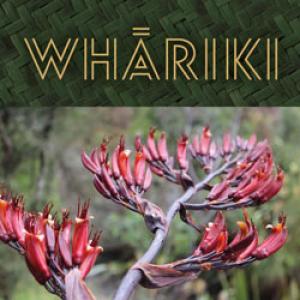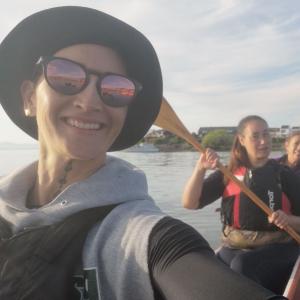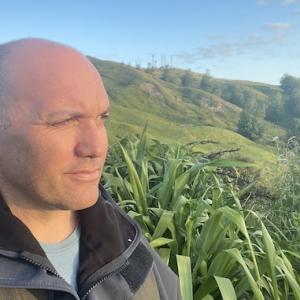What do a mānuka-honey cooperative in Northland, a ginseng exporter in the King Country and a prison services provider in Dunedin have in common? All are examples of Māori-owned business forging a distinctive identity in New Zealand’s economic and social future.
Based on knowledge gained from a variety of research spanning five years, including the NPM projects Identifying Frameworks for Effective Iwi and Hapū Development and Promoting Effective Māori Leadership and Decision Making for Prosperous Economies of Wellbeing Professors' Merata Kawharu (University of Otago) and Paul Tapsell (University of Melbourne) have blended on-the-ground interviews with scholarly analysis to complete the newly published book Whāriki: The growth of Māori community entrepreneurship.
Whāriki reveals how kin-based business ventures created by Māori are driving social, economic and environmental wellbeing from the whenua (land) up and at the core of the publication is eight case studies of Māori businesses that support this
From iwi-driven ideas to whānau enterprises, from Te Hiku o Te Ika in the Far North to Otākou in the Far South, these case studies and the surrounduing stories unpick the business models of primary producers, service providers and social enterprises as they seek to grow their own solutions to economic opportunities and threats.
As Merata and Paul write in the introduction: “Whatever the particular trajectories of each, Whāriki is a binding of threads, revealing the entrepreneurial spirit that still burns despite the ongoing impacts of colonisation; a spirit persistently emerging time and again from within the Māori kin community world.”
Whāriki: The growth of Māori community entrepreneurship can be ordered here

He Kōrero | Our Stories
Neuroscientist Nicole Edwards is establishing her own lab at the University of Auckland and is eager to tautoko students interested in a career in brain research.
AUT senior lecturer Deborah Heke encourages wāhine Māori to cherish their connection with te taiao.
Tairāwhiti local Manu Caddie is a vocal critic of forestry companies engaged in unsustainable land practices in the rohe. He shares his insights on what needs to change".


